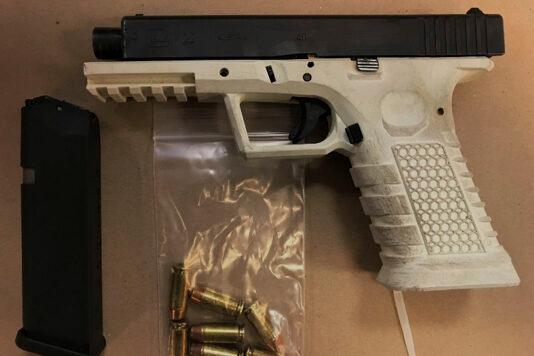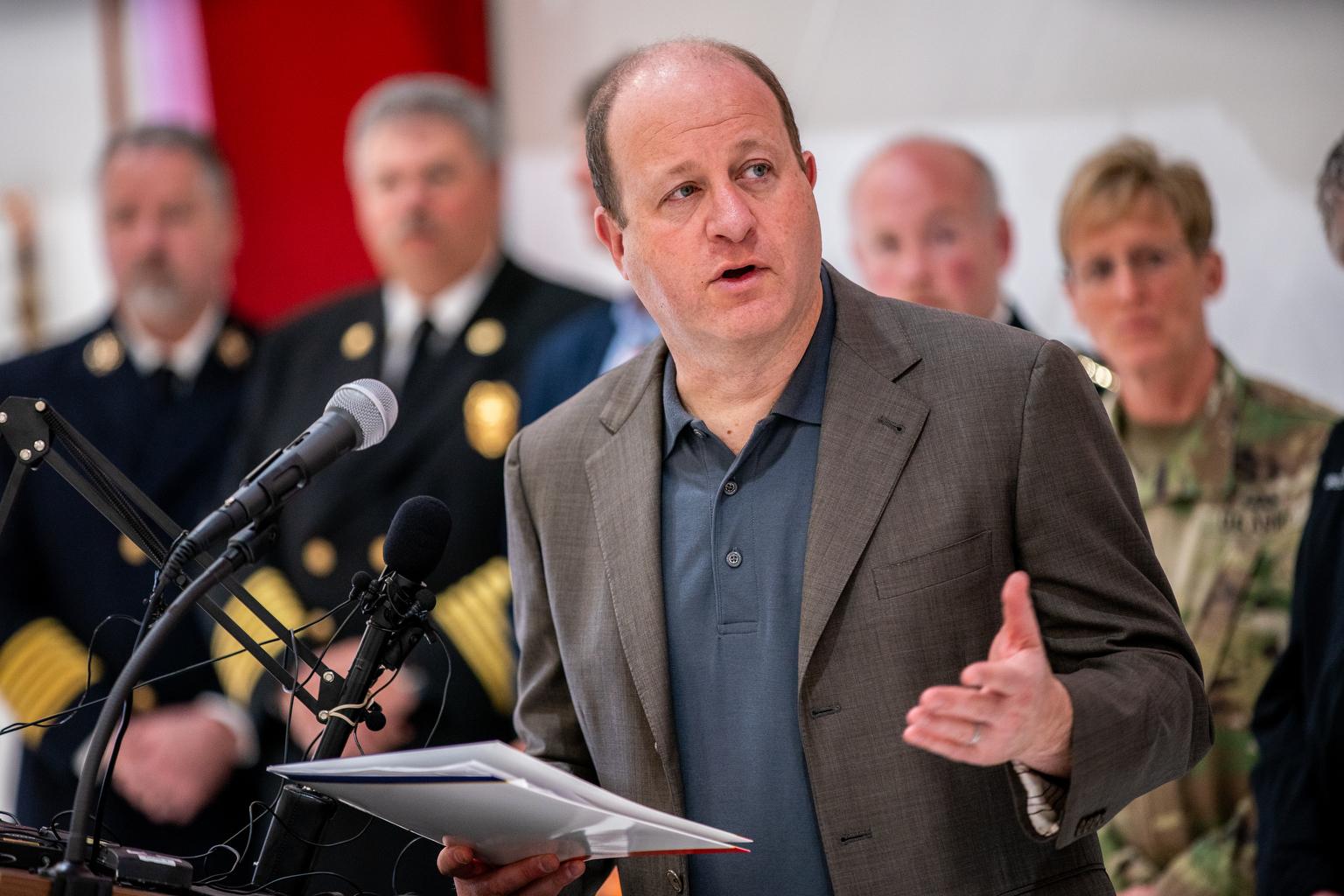
A new Colorado law went into effect on New Year’s Day that makes it illegal for people in the state to put together an untraceable gun using a kit or a 3-D printer.
But within hours, two gun rights groups sued the state over the new policy.
The National Association for Gun Rights and Rocky Mountain Gun Owners filed their suit in federal court Monday, arguing the homemade gun ban doesn’t meet the new ‘historical standard’ test laid out in the court’s 2022 Bruen ruling.
“This law is an outright assault on the constitutional rights of peaceable Coloradans. It’s not just an overreach; it’s a direct defiance to our Second Amendment freedoms,” RMGO head Tayler Rhodes said in a statement announcing the lawsuit. “We believe that this law, much like others that attempt to restrict gun rights, will not stand up under scrutiny...”
State lawmakers passed the ban this spring with the goal of cracking down on so-called ‘ghost guns’, which opponents said are increasingly used to commit crimes. The law requires all guns in the state to carry a manufacturer’s serial number.
“We’ve got to find a way to prevent the genie from getting out of the bag on ghost guns,” Gov. Jared Polis told CPR’s Colorado Matters at the time, “because it threatens to undermine all the other gun safety measures that Colorado has, including universal background checks.”
The term ‘ghost guns’ covers firearms that are crafted at home using a 3D printer or a do-it-yourself mail-order kit. They make it possible for someone to obtain a gun without going through a background check.
The new law makes it illegal to possess or transfer a gun that doesn’t have a serial number on it. It also restricts the manufacturing of guns and gun parts within Colorado to only federally licensed firearms manufacturers.
In their suit, the groups argue the ban violates the Supreme Court's new 'historical standard' for gun laws because the country hasn’t in the past required a license to manufacture guns at home.
The groups point to historical research that found many American settlers practiced gunsmithing as a sideline to their main work.
“The fact that this tradition arose early on these shores was especially fortunate during the Revolutionary War because when the British attempted to prevent the Americans from acquiring firearms and ammunition, the Americans were able to make their own,” the lawsuit asserts.
The lawsuit also notes that an Appeals Court in Texas struck down a rule from the Bureau of Alcohol, Tobacco, Firearms and Explosives requiring serial numbers on gun parts kits. However, the U.S. Supreme Court has allowed that rule to stand while the case moves forward.
“It is deeply saddening and disappointing that the Rocky Mountain Gun Owners are challenging this important legislation to ban ghost guns,” said one of the law’s sponsors, Democratic Rep. Junie Joseph on X, the site formerly known as Twitter. “This group is unconcerned with our community’s safety.”
This is just the latest challenge from RMGO to Colorado’s increasingly strict gun laws. A law setting the purchase age for all firearms at 21 years old is on hold while that case makes its way through the courts. However, a different judge declined to block the state’s new three-day waiting period for gun purchases while that case moves forward.
CPR’s Bente Birkeland contributed to this story
Editor's Note: An earlier version of this story misspelled Taylor Rhodes' first name. It has been corrected









